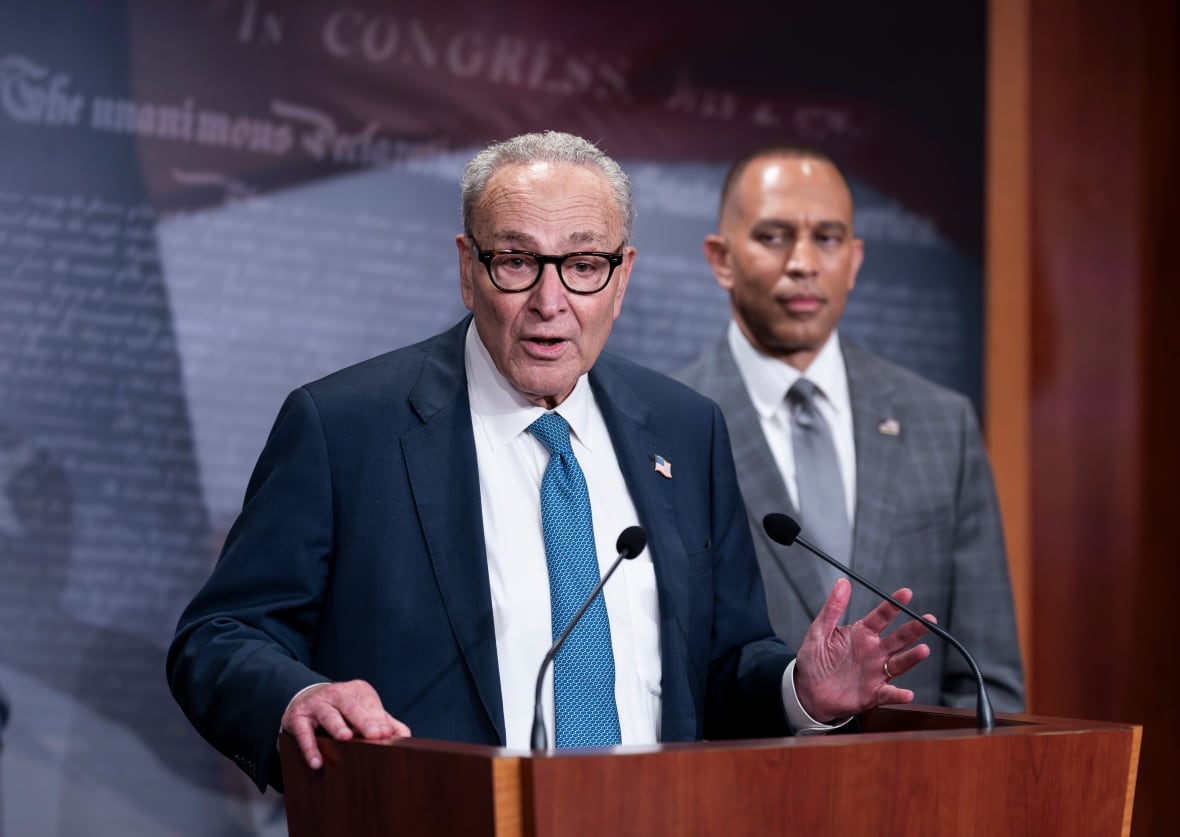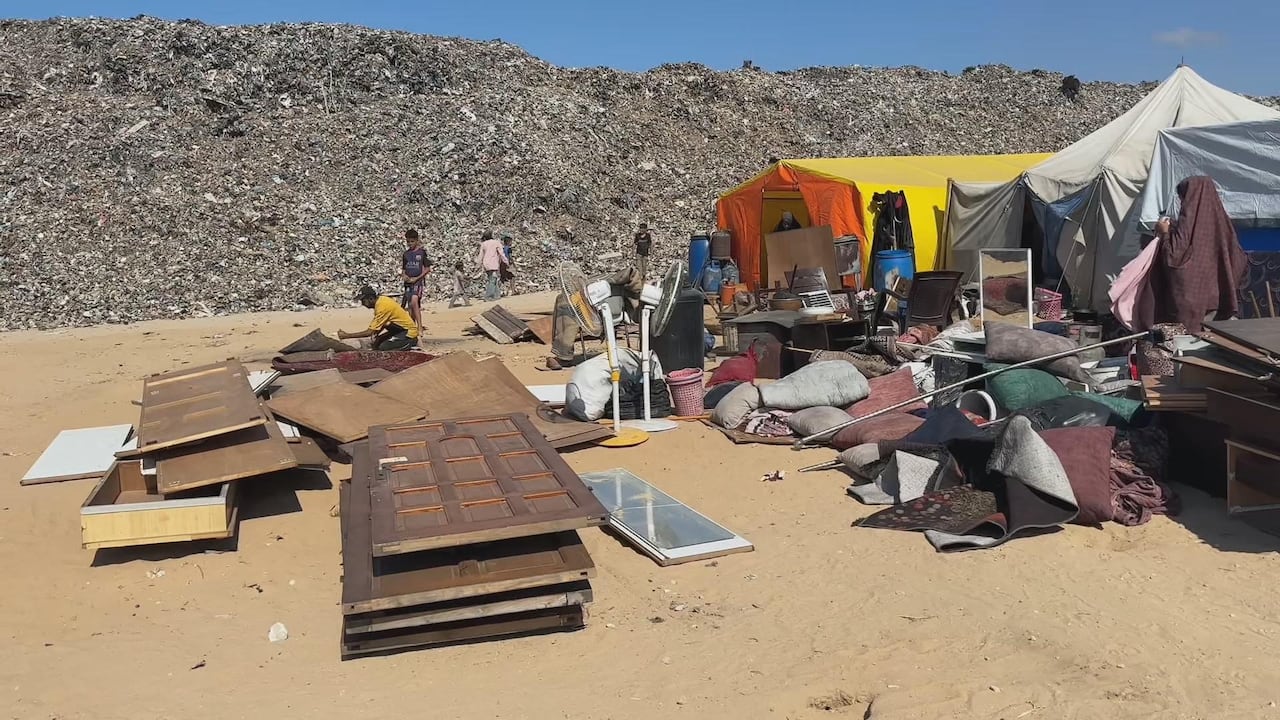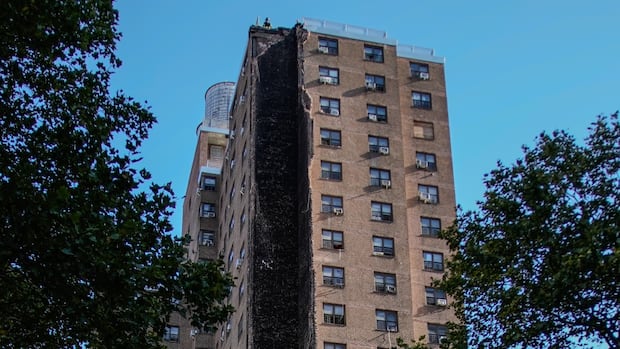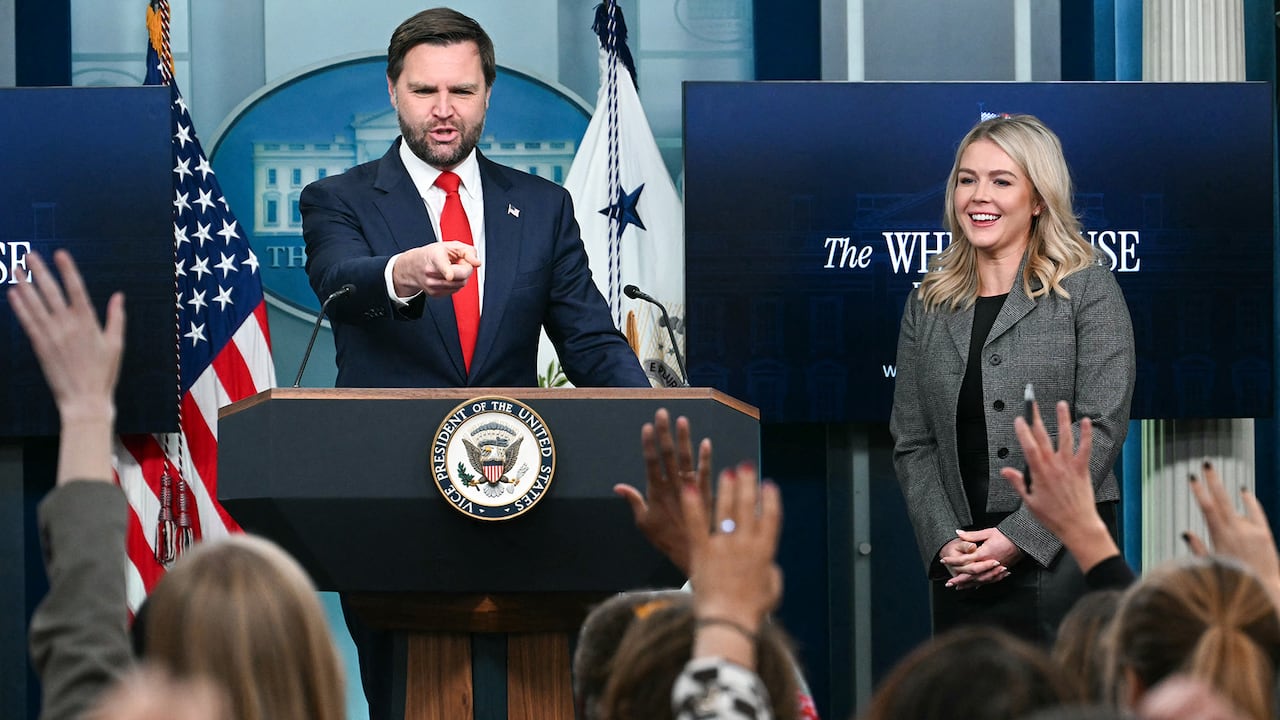The U.S. government is likely heading for a shutdown on Wednesday as congressional Democrats and Republicans hit an impasse over how to continue to fund the federal government.
At midnight, unless Republicans and Democrats in Congress agree on a deal to temporarily fund federal agencies with Wednesday's start of a new fiscal year, the U.S. will enter its 15th government shutdown since 1981.
This will trigger disruptions in a range of U.S. government services and the furlough of hundreds of thousands of civil servants.
Budget-related showdowns have become a routine feature in Washington as the nation's politics have grown increasingly dysfunctional, though they are often resolved at the last minute. The government last shut down for 35 days in 2018 and 2019, during Trump's first term, due to a dispute over immigration.
The impending shutdown would differ from past government closures because Trump has threatened to fire federal staff if lawmakers do not pass legislation to avert the closures.
He also warned congressional Democrats on Tuesday that allowing the federal government to shut down would allow his administration to take "irreversible" actions including shutting down programs important to them.
"We can do things during the shutdown that are irreversible, that are bad for them and irreversible by them, like cutting vast numbers of people out, cutting things that they like, cutting programs that they like," Trump said in remarks to reporters from the Oval Office.
What's the issue this time?At issue now is $1.7 trillion US that funds agency operations, which amounts to roughly one-quarter of the government's total $7 trillion budget. Much of the remainder goes to health and retirement programs and interest payments on the growing $37.5 trillion debt.
Congress writes detailed spending legislation for most U.S. government agencies each year, but rarely finishes before the fiscal year starts on Oct. 1. Lawmakers typically pass stopgap spending bills to avoid disruption for several weeks or months while they finish their work.
The current stopgap bill is due to expire on Sept. 30. Republicans and Democrats appeared unlikely to reach an agreement on some sort of extension that Trump would sign into law before midnight on Tuesday. This would mean wide swaths of the government would lack funds to continue their operations.
WATCH | Trump's latest 51st state comments:U.S. President Donald Trump, in a lengthy speech to military officials gathered in Virginia, spoke about Canada as he addressed his planned Golden Dome defence system, saying he had suggested joining the U.S. as the 51st state 'and you get it for free.'The Republican-controlled Senate is expected to vote on a temporary spending bill that has failed once already, with no sign that a second vote will bring success before midnight.
Democrats want to modify the bill to extend health benefits for millions of Americans that are due to expire at the end of the year. Republicans say they must tackle that issue separately.
What do Republicans want?Trump's Republicans control both the House of Representatives and the Senate, and they have already scored big budget wins this year.
The massive legislation called the "One Big Beautiful Bill," passed in July, boosted spending for defence and immigration enforcement, rolled back spending on green energy and other Democratic priorities, while making major cuts in the Medicaid health-care program for low-income and disabled people to help pay for tax cuts focused mainly on the wealthy.
Republicans also have broadly supported White House efforts to claw back money already approved by Congress for foreign aid and public broadcasting, even though that undermines lawmakers' constitutional authority over spending matters.
They have said they would vote for a continuing resolution that would extend funding at current levels through Nov. 21 to allow more time to negotiate a full-year deal.
As the minority party, Democrats don't have much power. However, Republicans will need at least seven Democratic votes to pass any spending bill out of the Senate, where 60 votes are needed to advance most legislation in the 100-seat chamber.
This time, Democrats are using that leverage to push for renewing expanded health-care subsidies for people who buy insurance through the Affordable Care Act (ACA). Their proposal would make permanent enhanced tax breaks that are otherwise due to expire at the end of the year and make them available to more middle-income households.
If those tax breaks are allowed to expire, health insurance costs will increase dramatically for many of the 24 million Americans who get their coverage through the ACA, according to the nonpartisan Kaiser Family Foundation. The impact would be most acute in Republican-controlled states that have refused to expand the Medicaid health plan for the poor.
Democrats also want language inserted into any temporary funding bill that would prohibit Trump from unilaterally ignoring their ACA provisions or temporarily withholding funds.
 Senate Minority Leader Chuck Schumer, D-N.Y., and House Minority Leader Hakeem Jeffries, D-N.Y., right, update reporters following their face-to-face meeting with U.S. President Donald Trump and Republican leaders on the looming government funding crisis, at the Capitol in Washington, on Monday. (J. Scott Applewhite/The Associated Press)
Senate Minority Leader Chuck Schumer, D-N.Y., and House Minority Leader Hakeem Jeffries, D-N.Y., right, update reporters following their face-to-face meeting with U.S. President Donald Trump and Republican leaders on the looming government funding crisis, at the Capitol in Washington, on Monday. (J. Scott Applewhite/The Associated Press)They also want to roll back other restrictions on ACA coverage enacted in the "One Big Beautiful Bill."
Those changes would provide health coverage for seven million Americans by 2035, according to the nonpartisan Congressional Budget Office, but also increase government healthcare spending by $662 billion over 10 years.
What happens if there is a shutdown?Hundreds of thousands of federal employees deemed non-essential to protecting people and property would be sent home.
Budget experts warned that some Americans already could be feeling the fallout. The longer a shutdown lasts, the broader the impact.
 U.S. government shutdowns happen when the House of Representatives, the Senate and the president can't agree on a budget. The U.S. Capitol is pictured on Sept. 25. (J. Scott Applewhite/The Associated Press)
U.S. government shutdowns happen when the House of Representatives, the Senate and the president can't agree on a budget. The U.S. Capitol is pictured on Sept. 25. (J. Scott Applewhite/The Associated Press)With Medicare reimbursements for at-home "acute hospital care" potentially being disrupted, patients were needing to find in-patient facilities, said Jonathan Burks, a health specialist at the Bipartisan Policy Center. He added that Medicare reimbursements for telehealth medical visits also would expire at midnight.
Airlines warned that a shutdown could slow flights, while the Labour Department said it would not issue its monthly unemployment report, a closely watched barometer of economic health. The Small Business Administration said it would stop issuing loans, while the Environmental Protection Agency said it would suspend some pollution-cleanup efforts.











